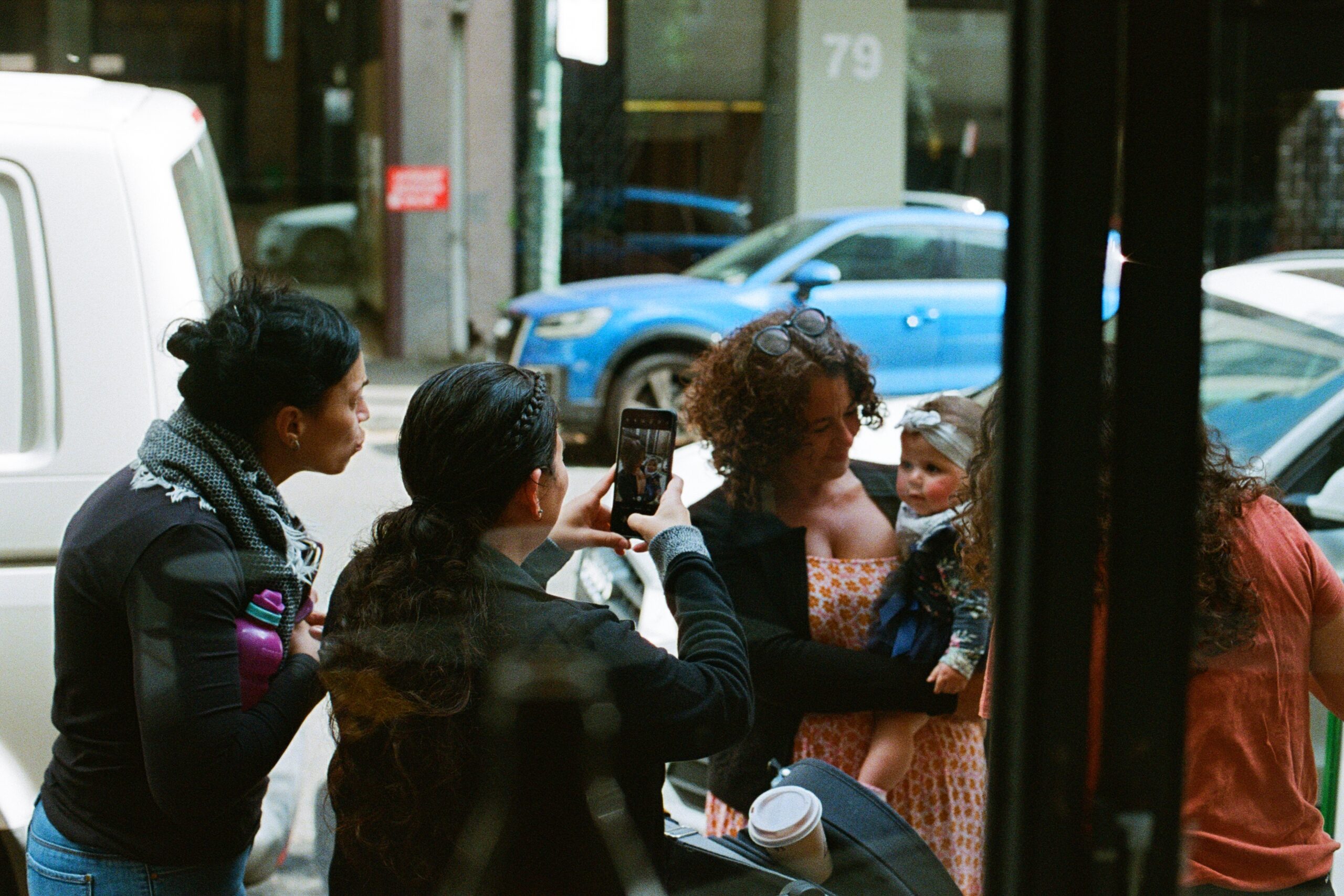My parents never minced their words when it came to our education. They were adamant any cost associated with improving our life trajectory was worth the investment. Dad repeated this often, moving beyond mere sincerity, he was defiant.
At fourteen, I didn’t understand the value in this, or need to continually harp on about it. At most, I saw it as an opportunity to drum up ideas of how to be an ‘educational spin’ on the irrelevant items I wanted. I was a cunning teenager, but given the fact I managed to swindle a total of zero things under the guise of strengthening learning pathways, reaffirms that skills for my career in communications and marketing developed later on.
I think most kids and teenagers see school and extracurriculars as just things you have to do. A checklist you work through because that’s what’s expected, with no real sense of choice. I never really saw my school years as the ‘foundations’ of my future, especially when the final years of high school barely reflect the life skills you actually need once you leave. Things like taxes, how to enrol to vote, financial wellbeing, how to apply for a rental, none of it’s covered.
Granted, this experience isn’t universal. Some students have a 10-year plan mapped out from the moment they step through the school gates on orientation day in Year 7. These are usually the same people who, years later, politely stop themselves from rolling their eyes at me as I sit in a GP’s office rattling off a self-diagnosis from WebMD. I’m eternally grateful for their patience.
Still, especially in the public school system, I don’t think we set young people up for success in their day-to-day lives. But hey, at least they can analyse and annotate a Robert Frost poem when they graduate.
After almost 10 years in the property development industry, holding various roles, I started to wonder what was next, genuinely concerned I was about to pigeonhole myself into the sector. More than that, I was afraid I’d end up doing something “just because.” Just because it’s what I knew. Just because it paid well. Just because it was familiar. Just because my career and identity had become so closely intertwined.
Then I read a few chapters of Who Gets to Be Smart by Bri Lee and something clicked. I knew I wanted to work on education reform, especially within the public school system. I started thinking about how I could pivot from my role at the time into this space. My first thought was to shadow the government affairs manager and enrol in a Bachelor of Social and Economic Policy at ANU in 2022.
As life would have it, there was a company-wide restructure that saw 500 roles made redundant, mine included. I was lucky enough to be redeployed into a marketing manager position, and when the responsibilities piled up and talks began about hiring a marketing executive to support me, I knew it was time to go.
I resigned. No job lined up. No five-year plan. Just a very clear sense that working in education was where I needed to be. And anything outside of that felt like a waste of everyone’s time, mine included.
It was the first time I made a decision not based on a play by play plan, but on what I intuitively knew was right. The thought and consideration were still there, I’d just decided to choose the moment rather than wait for it.
I think we carry a lot of self-imposed limitations, but there are also plenty handed to us through policy gaps and systemic failures.
When I think about what strengthens a society, it always comes back to education. Most people aren’t asking for everything to be handed to them—they just want the tools to get where they need to be. Skills for self-improvement aren’t innate; they’re learned. Through education, we begin to understand how to challenge the systems that shape our lives, whether it’s internal processes or broader government structures. Relevant, accessible education gives people the power to take control.
And when people feel in control of their lives? Well, how do you feel? If you’re employed, housed, and relatively stable in a time when interest rates rise faster than your wages, chances are you feel like you have some level of control.
You might not feel totally fulfilled. The idea of filling up your car might still make you wince. But being able to manage the basics of life gives you a kind of freedom. I know, it’s wild to associate paying rent and income tax with freedom. But bear with me.
When we can’t meet our base level needs, or when multiple issues start piling up, they compound. Quickly. And that’s how apathy, frustration, and a loss of control start to set in.
Financial wellbeing. Understanding how to invest. Knowing where your super’s going. Comparing energy providers. Knowing what carbon offsetting is and how to find out if your provider does it. These are just some of the building blocks adults need to feel like they’re on steady ground.
So what about young people?
Equitable access to early education. The research is clear: kids who attend quality preschool programs are more likely to start school with the social, cognitive, and emotional skills they need to keep learning.
And everything in between?
Well, curriculum reform, for starters. Incorporate the evolution of technology. Reassess what maths we actually teach in secondary school. Maybe data literacy and understanding statistics matter more now than trigonometry.
Early education. Relevant curriculum. Lifelong learning. Are my top three that come to mind.

Leave a Reply
You must be logged in to post a comment.